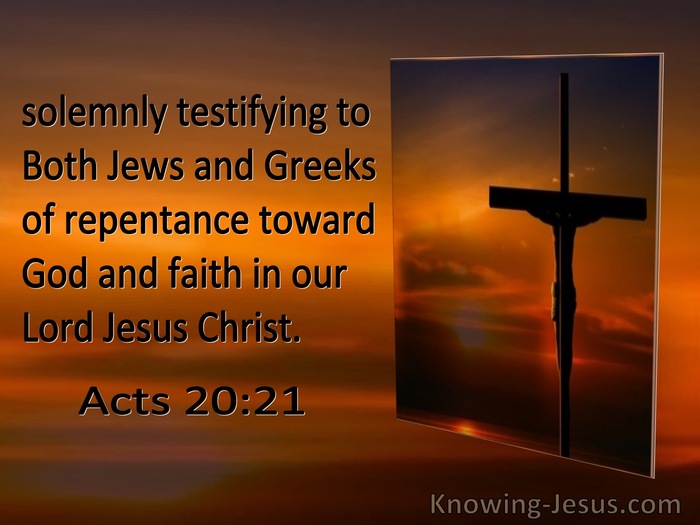Luther had an issue with certain writings that the dogmatist RCC had twisted out of context to endorse new and strange traditions, instead of refuting the RCC dogmas using proper exegesis of these books he simply tossed them out in spite without ever trying.
Luther INCLUDED all the books the individual RC Denomination would LATER include in that individual, singular denomination's eventual embrace of the canon - PLUS one book. He personally, however, noted that some of these books had a long, long history of not being considered EQUAL in norming to the 66. It was his personal opinion - one Lutheranism never officially embraced but one Anglicanism sorta did.
Luther "tossed out" ONE book. ONE. It was the Epistle to the Leodiceans. That epistle. It was NEVER officially embraced by the RCC but it appeared in most RCC tomes (but NO Orthodox ones!!!!!). It is the book Luther "tossed out." It is the ONE and ONLY book Luther excluded, rejected, NOT included in his personal collection in his personal translation. It is the ONE and ONLY book he eliminated. Catholics don't like to tell you which book Luther excluded because so did the RC Denomination at Trent. But Luther's personal translation has one MORE book in it's content than the modern, post-Trent RCC one.
Now, this has NOTHING....absolutely NOTHING WHATSOEVER ... to do with the LXX or Latin Vulgate or any of the hundreds of TRANSLATIONS that came before Luther's. Nothing.
Andrew said:
the RCC did exactly what the Jews did in 90 AD
Exactly as I noted.
Christianity
NEVER did what Judaism did in 90 AD. There has
NEVER been a Church Council of Christianity that officially, formally declared what is and is not Scripture/canon/norma normans. Never. Christianity never followed the example of the Jewish Council of Jamnia.
Yes, a few individual, singular
DENOMINATIONS did so, by itself, for itself. The RCC UNOFFICIALLY did so at its meeting at Florence in the 15th century and officially at its individual denominational meeting at near-by Trent in the 16th. But that was pretty late... and for ONE and ONLY ONE individual, singular denomination. To this day, not one other denomination agrees with it on this topic, not one other denomination on the whole planet followed it's lead. The Anglican Church also did this in the late 16th Century but declared a DIFFERENT Bible than the RCC had, and this was ONLY for one, singular, individual denomination.... not one other agrees with it on this topic, no other shares the Bible of the Anglican Church. The LDS did this too in the mid 19th Century. But these very late actions were DENOMINATION actions, of ONE denomination, simply declaring UNIQUE, different sets of books.
NEVER has Christianity done what Judaism did in 90 AD. At the Council of Jamnia, the JEWS embraced what we regard as the Old Testament, those 39 books (although the Jews group and name them differently). There's zero evidence that this council gave a rip about the LXX.
he also questioned the books of Hebrews, Jude and Revelation, Lutherans don't have a problem with harmonizing faith alone with those books.. ("Luther's Antilegomena")
People today forget that until the early 17th Century, there was NO universal acceptance of what is and is not Scripture. And still is not. Luther noted that SOME books were pretty much widely accepted (66 by our count) but on TWO DIFFERENT LEVELS. And then there were more accepted on a clearly LOWER level - as NOT canonical but still good and fruitful to read. The Anglican Church would officially embrace this ancient view.... Luther would simply note it.... Lutheranism would be silent on the issue.
he Septuagint is simply more accurate
The LXX is just a TRANSLATION. One of THOUSANDS.
Nothing more.
It was done for the exact, identical reason all translation are produced: Customers wanted to read stuff in a language they understood. The LXX has nothing - absolutely nothing - to do with the question of what is and is not the inscripturated words of God and the norma normans for faith and practice. This is a fact you and Nathan seem to ignore. The LXX did not establish the Canon for the Jews (as Jamnia makes obvious and undeniable)... anymore than the Vulgate did for Catholicism or Luther's did for Lutherans.
A blessed Advent to you and yours.
Josiah

